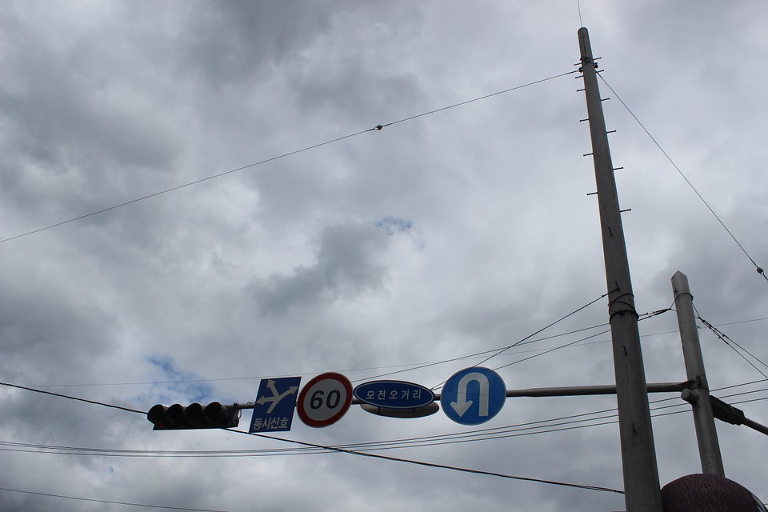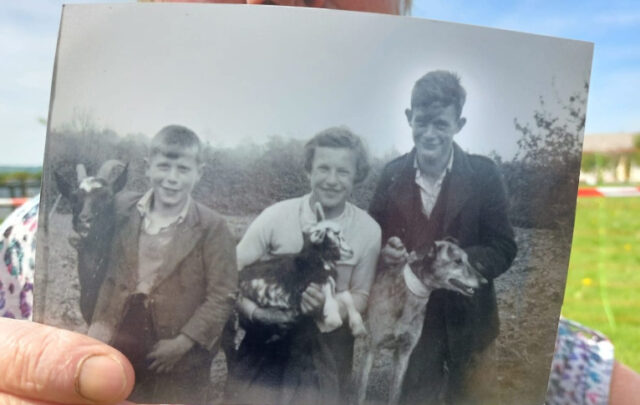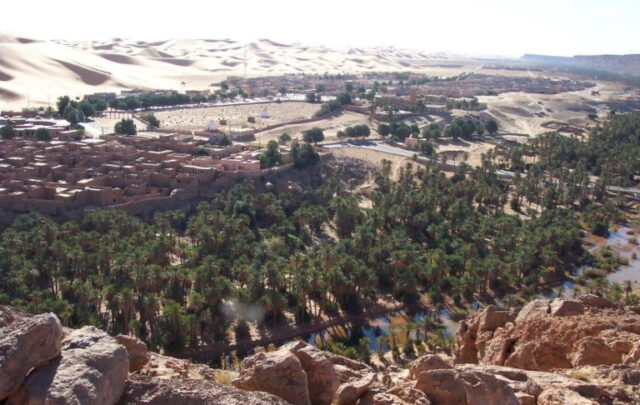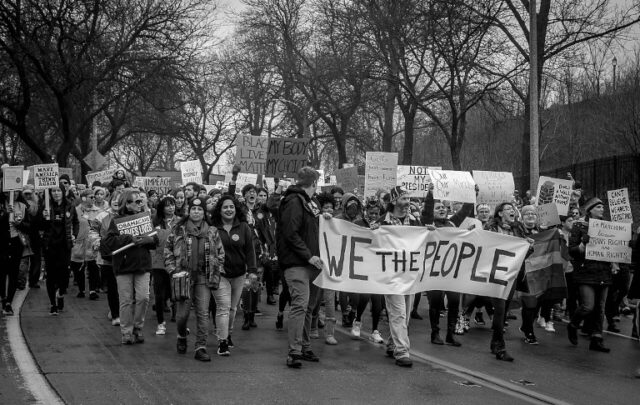Without rapid change many will not survive societal breakdowns.
The natives and the newcomers living the natural way gives hope.
In the high desert near the Grand Canyon is one of the oldest tribes in the Western Hemisphere, the Hopi. The old people there say that we newcomers need to get our industrial foot off the throat of nature allowing their people to live.
There are those from many walks of life that get the urgency of the impending ecological collapse. We know as well how much major change must happen now and know that we must build a new way of living on this planet. We also know that there isn’t the political will in society to do what needs to be done.
How do we generate greater political will? It starts with sharing our message with many. Demand attention to this on all fronts. Provide a comprehensive framework of a plan to get them started.
In the 1970s I lived off and on with the Hopi and worked to support the elders. These eighty, ninety, and over a hundred-year-old women and men talked to us newcomers about their ways. Much of their day to day lives, their economies, came from their own biologically diverse regions. They knew of their neighboring tribes well. They traveled and traded far and wide. The stories were fascinating, but as a newcomer I kept coming back to two key lessons from these native elders. Get the industrial society foot off the throat of nature. Whether you are a native or a newcomer, we must all live the natural way.
Where does one begin? How do we get BIG with footstep removal? To many, it is foolish to talk of shifting to a continental network of bioregional economies[i] with green infrastructure servicing all. Suggestions of low impact living, using much less energy, and giving up high consumption high tech economies goes nowhere with most business leaders and political “servants”. The sad truth remains the required level of change in humanity’s damaging industrial operating systems are far greater than most are willing to face. A science, common sense, and longer-term planning message hasn’t carried the day. Yet, without quick massive change to societal operating systems our damaging economy will lead to greater breakdowns. Think of the 2008 economic spasm only worse. Think of a six year drought lasting twenty. There are already turbulent times.
[slide-anything id=’3472166′]
Business as usual is short-term profitable. Vested interests, particularly in commerce, will keep fighting major change. Remember the saying that power concedes nothing without a demand. It never did and it never will. We can’t ignore that reality.
However, with the next set of economic down-steps, more minds will open. That is good. Telling the story of the ecological truth of these times, as best one can, may help garner the much-needed political will for decisive action. So, get out there and make noise in every sector of society. Sound the alarm with these points:
The reality of our situation is dire and urgent
Industrial technologies, modern chemistry, and billions of over-consuming wasteful people are destroying these precious life support systems. Weather pattern deterioration is just one major example. The extinction of pollinators is another example. Synthetic chemicals toxify food and poison our body tissues. Shredding the interconnected unity of the biosphere is wrong. This must change if humanity is to survive because natural systems sustain all life on earth.
Call out to advance major changes
These points are offered to provide a sample holistic approach for the transition (Foundation Earth’s seven-point new green deal has greater details on this action agenda).
- Promote a True Cost Economy. This is a steady state circular economy that structurally eliminates pollution externalities. We must replace the current polluting model.
- Quickly achieve 100% renewable energy, while using less and wasting none. Quid pro quo, shut down a gigawatt of fossil energy with every gigawatt of renewable energy.
- Quickly achieve 100% ecological farming. Remove fossil fertilizers and other toxics. Shift to a plant-based diet.
- Halt the extinction crisis. Protect and restore damaged natural systems. Remove the funding for ecologically damaging infrastructure projects. Honor biological diversity everywhere.
- Shift to low-impact lifestyles. Along with how we live, we need smaller numbers and a population educated about the ways of the biosphere, our life-support system. Remove the foot of ignorance and unthinking lifestyles.
- Ensure appropriate technology policy. Study unintended consequences. Remove technologies causing more problems then what they were designed to improve.
- Other! This list can’t account for all that is important and needed. We trust you will help cover other vital issues, solutions, and foot removals.
Every sector of society must engage. All must speak out and call for high level action. The hour is late, and we only have time for big steps in the right direction. What “leaders” can you write a letter to today? Such acts make you a kindhearted revolutionary in the love letter army. What else?
Teach compassion to combat anger and fear. We need compassion and empathy broadly embraced for our world to change and survive. We don’t need to allow the path of strongman leaders and fascism to deeply stain these historic times. Cooperative community survival is the key to any individual survival.
Bring your awareness into a bioregional community and take collective action. Fortify disaster responses safety nets, especially first responders. It is always sensible stockpile some food for yourself and some neighbors, be that in the next watershed or across some ocean.
Develop a deep understanding of and respect for nature’s ways. Protected and restored natural systems locally, continentally, and globally are key to our medium-term survival and the long-term survival of web of life. Get to know your bioregional neighbors.
A transition is coming — be that via turbulent times, catastrophic disruptions, or having to rebuild post-catastrophe. There are those already working for continental networks of bioregional economies and the green infrastructure for a better world.
Put forth an urgent message. Over time it will resonate with many more. Clarify major steps we might take and, more importantly, what foots to remove from nature’s throat. Foster compassion as did the Hopi elders. At some point the unobservant or the denial types will realize that the “alarmists” were right. Their revelation and newly offered support for the required shift is to be welcomed.
To conclude, in most places globally there were the natives and now there are the newcomers. The current migrants into Europe are yet another such wave. No matter one’s ancestral origin, we must all learn to live a deeply natural way. It is the path to authentic hope.























